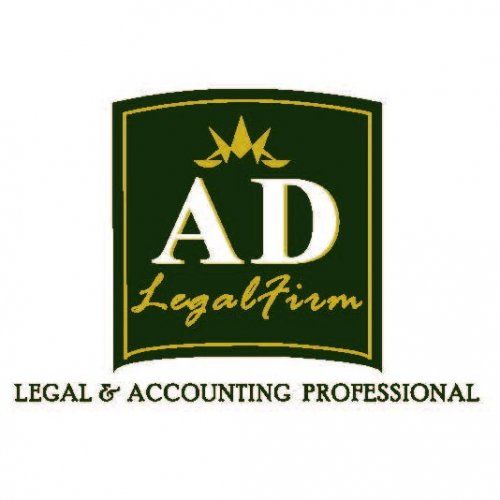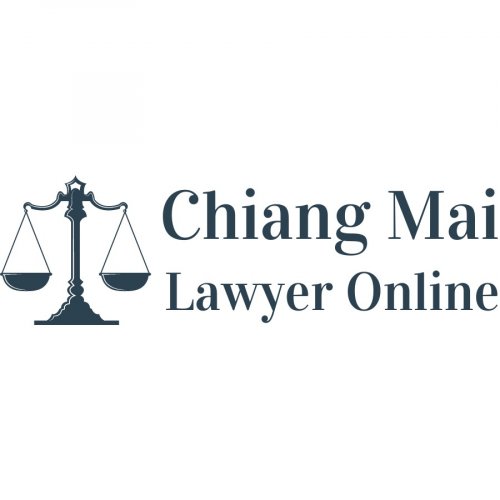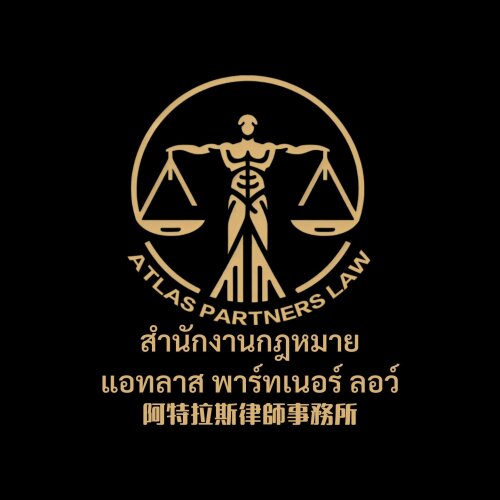About Investment in Chiang Mai, Thailand
Chiang Mai, known as the 'Rose of the North', is a city in Thailand that has seen an exponential increase in investment in recent years. Its attractive environment, affordable living costs, and consistent economic growth make it a desirable investment destination. Investments are made in various areas like real estate, infrastructure development, tourism, and locally based businesses like farming and arts and crafts.
Why You May Need a Lawyer
While investing in Chiang Mai can be beneficial, it is not without complexities, especially considering regional and national legal provisions. You may need a lawyer when buying or selling property, setting up a business, understanding tax laws, or navigating through Thailand's foreign investment rules. A lawyer can help ensure your investments are legally sound and your rights protected.
Local Laws Overview
Thailand has specific laws regarding foreign investments and property ownership. In general, foreign nationals cannot own land in Thailand, although there are exceptions for certain types of property and for businesses investing significant funds into the economy. The Thai Foreign Business Act regulates the types of businesses in which foreign investors can engage. Furthermore, tax regulations and the Trade Competition Act can greatly impact your investment. Therefore, a comprehensive understanding of these laws is crucial.
Frequently Asked Questions
1. Can I own land as a foreigner in Chiang Mai?
As per Thai law, a foreigner cannot directly own land. However, foreign enterprises certified by the Board of Investment or leasing investment properties can be feasible approaches.
2. What kind of businesses can foreigners invest in?
There are restrictions on foreign ownership in certain sectors under the Foreign Business Act. However, others, such as IT, travel, and tourism, are more open to foreign investment.
3. What are the tax implications of my investment?
Depending on the type and nature of your investment, you may be liable for various taxes like corporate tax, value-added tax, or special business tax. Consult a legal expert for specific guidance.
4. What are the restrictions in leasing the property?
The maximum lease period is 30 years and a renewal can be possible but must be indicated in the lease document.
5. Can I set up a pension or retirement fund?
Yes, Thailand allows for the setting up of pension or retirement funds. It is advised to seek a legal expert to understand all implications and regulations.
Additional Resources
Thailand's Board of Investment, Ministry of Commerce, Department of Business Development, and the Revenue Department can provide information relevant to the regulatory environment and tax guidelines. For more sector-specific insight, the Tourism Authority of Thailand and Federation of Thai Industries can be valuable resources.
Next Steps
Should you wish to proceed with your investment, it is crucial to engage with a Thai legal practitioner or a law firm that specializes in property, investment, and business laws. Make sure to verify their credentials and track records before employing their services. Remember that understanding and respecting Thai business culture, practices, and laws is a fundamental part of your investment journey.
Lawzana helps you find the best lawyers and law firms in Chiang Mai through a curated and pre-screened list of qualified legal professionals. Our platform offers rankings and detailed profiles of attorneys and law firms, allowing you to compare based on practice areas, including Investment, experience, and client feedback.
Each profile includes a description of the firm's areas of practice, client reviews, team members and partners, year of establishment, spoken languages, office locations, contact information, social media presence, and any published articles or resources. Most firms on our platform speak English and are experienced in both local and international legal matters.
Get a quote from top-rated law firms in Chiang Mai, Thailand — quickly, securely, and without unnecessary hassle.
Disclaimer:
The information provided on this page is for general informational purposes only and does not constitute legal advice. While we strive to ensure the accuracy and relevance of the content, legal information may change over time, and interpretations of the law can vary. You should always consult with a qualified legal professional for advice specific to your situation.
We disclaim all liability for actions taken or not taken based on the content of this page. If you believe any information is incorrect or outdated, please contact us, and we will review and update it where appropriate.

















